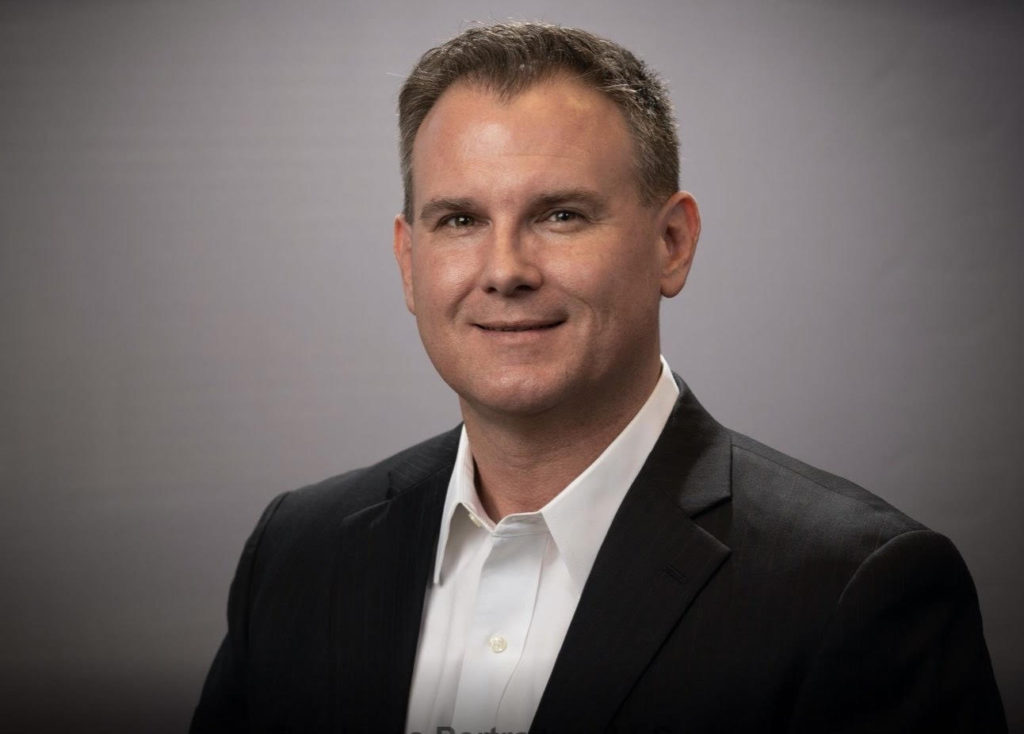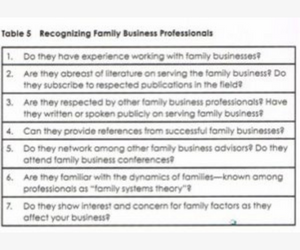When it Comes to Vendors and Services, Size Matters

When you’re evaluating outside vendors or services for your family office clients, is the size of the company you’re looking at one of your important considerations?
It was a crucial screen for my late husband, Frank Perdue, the poultry magnate. Before choosing any kind of outside company that he’d be working with, whether financial, design or lobbying, he paid a lot of attention to the size of the company he’d be hiring.
At this point, you might wonder “Why wouldn’t he always go with one of the largest, most prestigious companies? Ones that are dealing with billions of dollars?”
It’s Important to Be Important
The answer is, Frank made a point of assessing how important he might be to the company he was hiring. His thinking was, “It’s important to be important.”
This kind of analysis was among the reasons that Frank was able to grow his company from a father-and-son operation to one that today employs more than 20,000 people.
When it comes to choosing which service providers you recommend for your clients, size does matter. Clients who selects an appropriate size for a company they’re hiring may find that they’re getting more attention than they would if, figuratively speaking, they’re only a small fish in a big ocean. In addition, there’s a chance that a smaller or a mid-size company may be more nimble than the giants.
In the specific case of who’s best for raising capital, your clients may find that instead of going with the largest, most prestigious company, going with a company that relates to how big they are could be their best deal.
However, being important to the company isn’t the only reason for choosing a small to mid-range company when it comes to raising capital.
Advantages of Small to Mid-Size Funds
Cameron and Dean Newton head a mid-size venture fund, Relevance Ventures, and they like to point out that, “Small-to-mid-size funds have a track record of providing greater returns.”
In addition Cameron points out, “With a small-to-mid-size fund, it’s easier to get to the bottom of whether your goals are in alignment. The fee structure of small-to-mid-sized funds better aligns with the goal of asymmetric return. Smaller funds aren’t getting rich off the management fee. They need to drive large returns in order to make the economics work.”

Another advantage is that these funds can offer co-investment options on a scale that’s appropriate for mid-size family offices.
Cameron Newton gives this example: “Suppose a family office has a million dollars to invest, and there’s a $10 million dollar deal. A mid-size fund has the flexibility to allow their client to participate in the fully vetted deal and reap an asymmetric return. In one of the larger funds, you might not get the opportunity, and if you do, then the minimum will certainly be higher.”
Another benefit of going with a small or mid-size firm is regional diversification. “The super-size funds are apt to focus on Silicon Valley, New York and Boston. Small-to-mid-size investment funds are more likely to look at a different regional deal flow, such as in Nashville or Columbus. Often these have real value but may be ignored by the giant funds.”

Including size as part of the screens you use when recommending any kind of outside advice or investing can be a payoff deal. It was certainly a part of how Frank Perdue operated.
Search Articles
Latest Articles
Architect of Her Life
https://medium.com/@ken.roman_84029/architect-of-her-life-78e38401de71 Publication –medium.com
Meet Clara Kaluderovic
https://canvasrebel.com/meet-clara-kaluderovic Publication – canvasrebel.com
New Jersey drone sightings expose America’s battlefield blind spot
https://www.washingtontimes.com/news/2024/dec/23/new-jersey-drone-sightings-expose-america-battlefi Publication –washingtontimes.com
She Brews Hope and Resilience Even During War
https://foreignpress.org/journalism-resources/she-brews-hope-and-resilience-even-during-war Publication –foreignpress.org
Subscribe to Updates
About Author

Mitzi Perdue is the widow of the poultry magnate, Frank Perdue. She’s the author of How To Make Your Family Business Last and 52 Tips to Combat Human Trafficking. Contact her at www.MitziPerdue.com
All Articles
Family Businesses Can Learn from Military History
Family Businesses Can Learn from Military HistoryMilitary Culture My late husband was fascinated by military culture, and you could often find him reading the biographies of famous generals. His fascination stemmed from his interest in human motivation. He often...
Family Quarrels & Mediation–Pull Back from the Brink
Family Quarrels & Mediation– Pull Back from the BrinkI hope you’re not reading this because you’re up against a family quarrel. The pain of a family quarrel can permeate every hour of every day. The fallout has the potential of threatening everything we all hold...
What Family Businesses Can Learn From Military Culture
What Family Businesses Can Learn From Military CultureFor longevity and having an extraordinarily strong culture, few organizations can match our military. The military culture of our armed services began before the founding of our country, and it survives to this...
Four Sure-Fire Ways to Stand out in Your Career
Four Sure-Fire Ways to Stand Out in Your CareerA young man in a class I was addressing at a Columbia University business class asked me a poignant question. “How do I stand out in my career?” He was in his mid-twenties, professionally dressed, and his body language...
Family Stories Keep Families Together
Family Stories Keep Families TogetherJackie Kennedy Onassis once said: “If your children turn out well, nothing else matters. If your children turn out badly, nothing else matters.” Having the young people in your life turn out well is as important as anything else...
Choosing Your Family Business Advisors
Choosing Your Family Business AdvisorsKnow when you need to get help. People often ask me the secret of Frank Perdue’s success. He had to do hundreds of things right. He had to be able to see the big picture as well as be detail oriented. But there was something else:...






